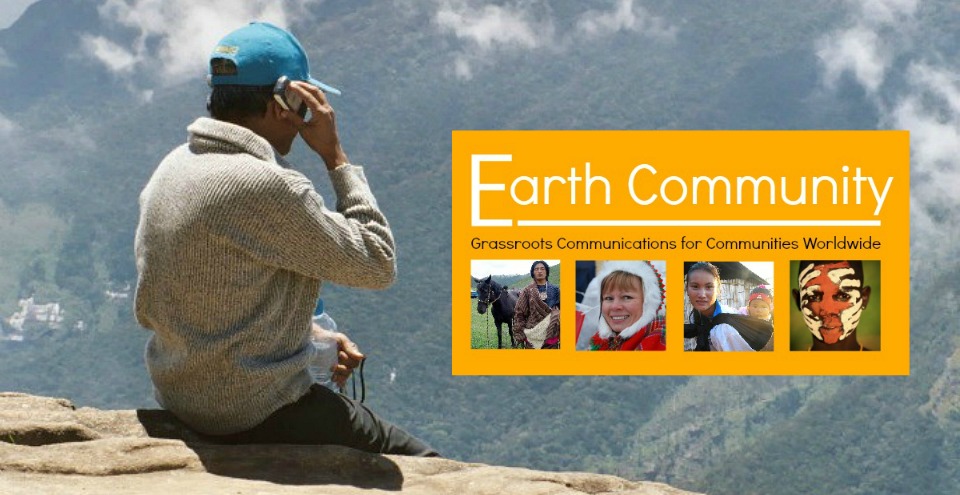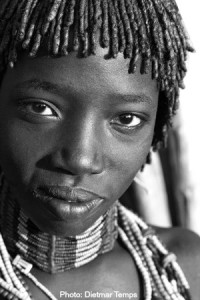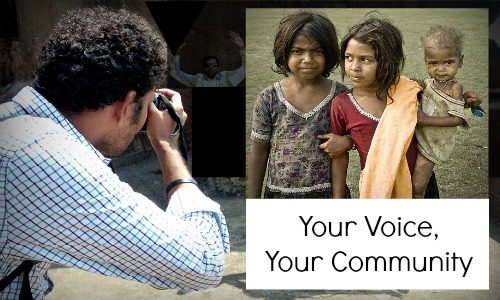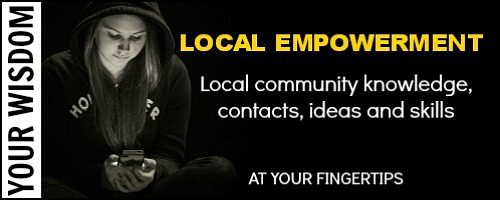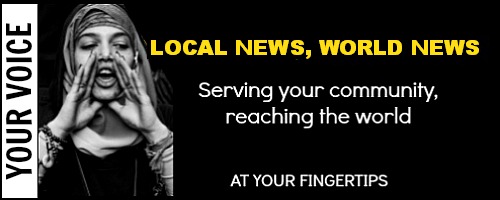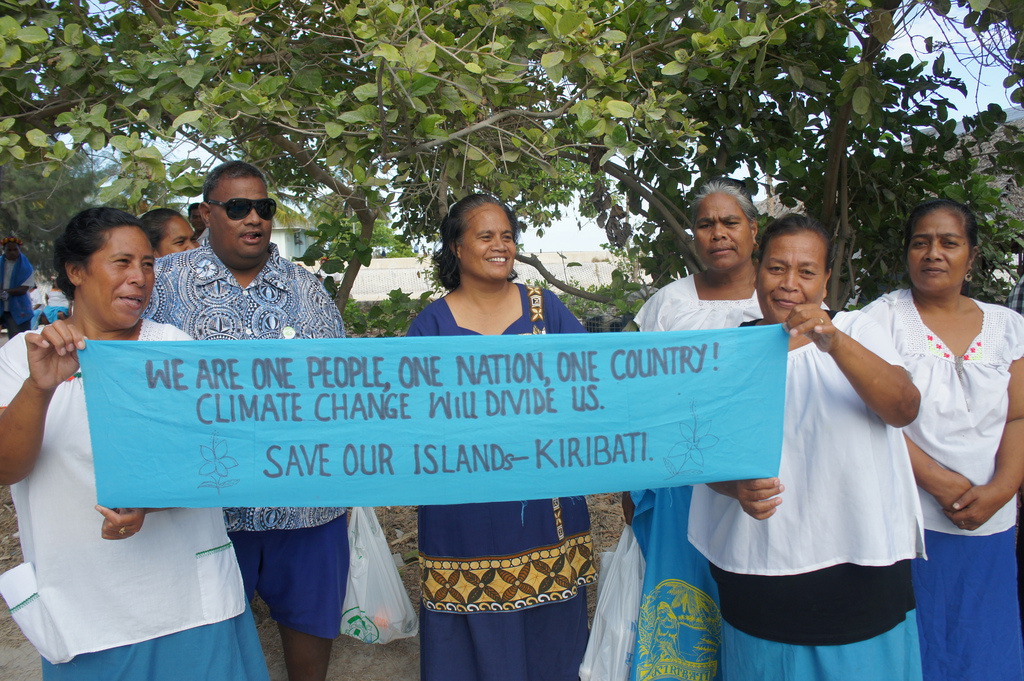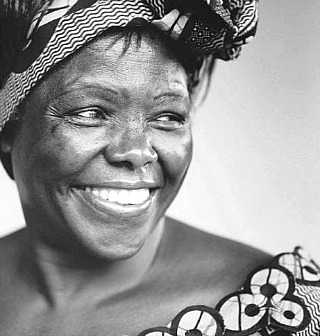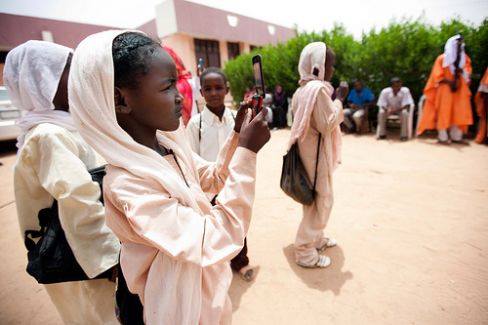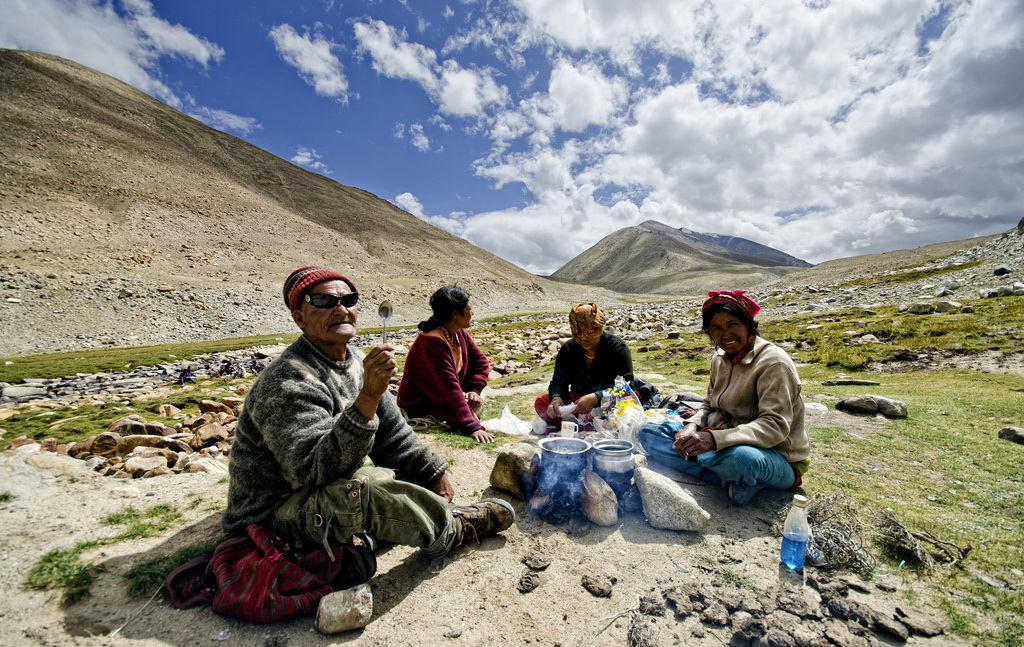Earth Community aims to provide an online platform for grassroots communities around the world to communicate within their communities and to communicate and tell their stories to the world.
The network will help empower local grassroots communities using local storytelling to share local wisdom, knowledge, skills and culture, with emphasis on keeping people informed about environmental and social justice issues and local democratic or participatory governance.
Your Voice, Your Community
Your Voice, Your Community seeks to combine practical local sustainable ideas, derived from the community, with a means of communication – the mobile phone and mobile devices.
With plans afoot to connect most people in the world to the internet, through Internet.org, Earth Community’s Your Voice, Your Community aims to help remote communities with environmentally sustainable ideas and methods to maintain social justice, using local know-how.
In addition, it will help broaden and promote the options available to maintain and use local languages and preserve culture. It will offer a chance to “tell stories” and spread the news within communities, and reach out to a wider world.
Your Voice, Your Community works from the ground up, allowing local communities to compile content, and allowing local communities to set priorities, within a carefully set-out framework that can be replicated in different communities.
Described simply, Your Voice, Your Community will be a cross between a local, practical hands-on Wiki and a local online and democratic news service, with world-wide reach. In time, it will have the potential to grow in terms of both the depth of resources and the storytelling ability and outreach.
It will provide empowering local wisdom and ideas for local communities, and a way of participating, as the internet and mobile services expand to the four corners of the world.
METHOD
Earth Community involves the following steps facilitated by the use of mobile phone internet access, mobile phones as a recording device, cameras and the compilation of information and stories.
It is important to point out that Earth Community focuses on – the compilation of content for communities, the generation of content by communities, and the dissemination of content by communities, with Earth Connect as a network for storage and access.
The delivery will rely on existing or developing mobile and internet networks, third-party applications, and donated or low-cost mobile phones and devices.
In other words, mobile phones, mobile devices and PCs are the delivery device, Earth Connect provides content for those devices.
(Note: Depending on the connection and service, this will be a text-only service or a multimedia service and will develop over time.)
TWO MODULES
The program includes two modules:
YOUR WISDOM – This involves the collection and use of local knowledge, regional awareness, rights and contacts to help empower the community through the compilation of “Information modules” made available on mobile phones and devices.
This helps to empower communities through the sharing of their own useful information, skills and contacts, allowing individuals the opportunity to empower themselves, and play a more active part within their community.
YOUR VOICE – This involves a system of training to help local people become citizen journalists using simple storytelling through text, photos and videos to communicate with their community, and with Earth Connect and the world. This may be bolstered or complimented by the engagement of local professional journalists on a freelance or full-time basis. It includes a “train the trainers” program to help encourage other communities express their community voice.
TARGET USERS
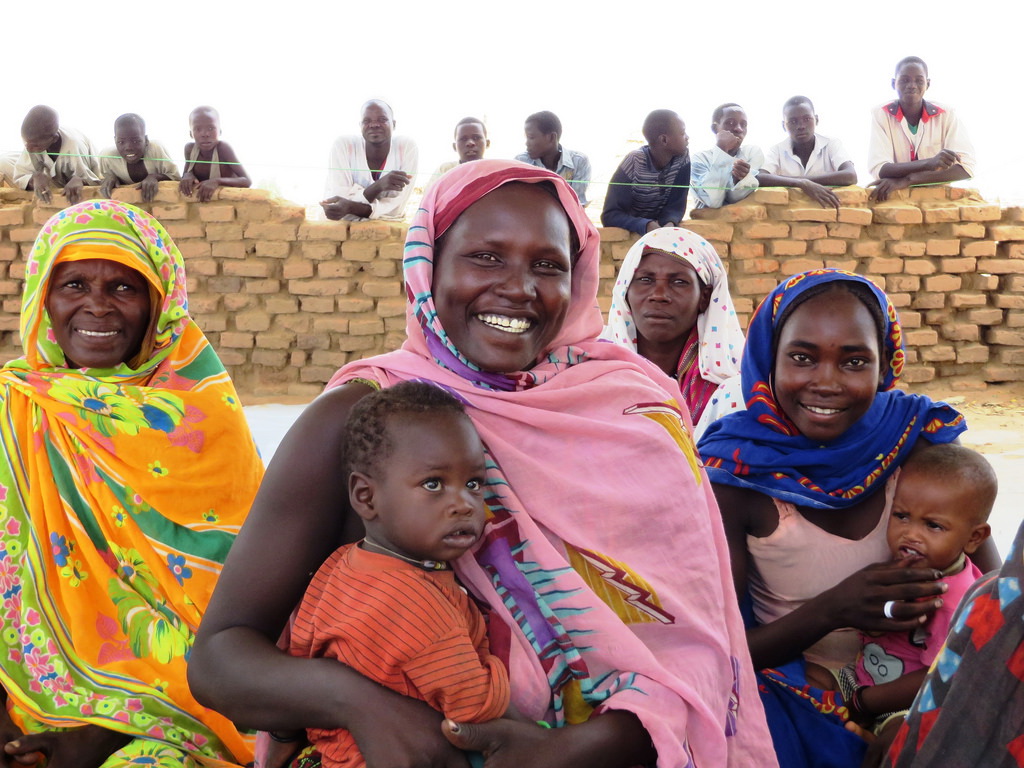
Even some of the more remote or impoverished regions are seeing the introduction of mobile phones. Women in Mali. Photo: EU Humanitarian Aid and Civil Protection
Your Voice, Your Community is aimed at three main categories of user – remote or disadvantaged communities, communities threatened by climate change, and what we term “The Female Connection” – local women’s leaders and groups.
In addition, the program offers the opportunity to help preserve cultures and languages but in such a way that this wisdom and knowledge is made available through a modern communications device.
REMOTE OR DISADVANTAGED COMMUNITIES
Earth Community will work with remote developing-world communities to compile the key stories, wisdom, practical knowledge, rights and locally-useful contacts into “information modules” on Earth Connect and/or locally held for the community to access through a mobile phone, as well computers for communities that have them.
It is crucial that these “Information modules” are derived from the communities, are acceptable to the communities, and presented in an easy-to-use way. At this stage, they are envisaged as being a cross between a locally-understandable Wiki and a “Yellow Pages” of key contacts and services.
In addition, training will be provided to help a handful of suitable young local members in each community to report and tell news and stories on social challenges, the environment, and society to help the local community. This will be coupled with the opportunity to send selected stories (subject to translation) to Earth Connect. All stories can be stored and accessed on the Earth Community network. Interesting and important stories, subjected to being edited and verified, could also be published on Earth News Online and through a free partner mobile mobile application news service.
COMMUNITIES THREATENED BY CLIMATE CHANGE
One particular target for Earth Community is the communities currently under threat from the negative effects of climate change. These include poor communities living in coastal regions which face problems from frequent climatic disasters and rising sea levels, as well as those negatively affected by drought and desertification. For example, the program might include communities of Tuareg in Niger, linking them with well-drilling projects, their local markets, and including a repository of culture, language and skills. Or it might involve the people of the Pacific island of Kiribati who cannot claim refugee status due to the rising sea levels (see recent New Zealand High Court ruling) and need to adjust or move in order to survive.
As Nora Caplan-Bricker writes about these threatened communities in the New Republic: “The problem is, international law is wholly lacking in norms that cover people whose homelands become uninhabitable – or simply disappear.”
Earth Community will be a vehicle to help link communities among themselves and to resources which they could use for their betterment.
THE FEMALE CONNECTION
When Wangari Maathai set out in 1977 to encourage women to plant trees in Kenya as part of her Green Belt Movement there was no internet and no mobile phones. She sought to get her message out that planting trees would help not only the environment and protect water sources but would also help empower poor women who typically walked far for firewood and water. Maathai argued that the key to self-empowerment and conservation lies in traditional spiritual values: love for the environment, self-betterment, gratitude and respect, and a commitment to service.
Today, a communications revolution is underway in Kenya and around the world. Through the internet, PCs and mobile phones, great ideas and the support to go with it can be generated more easily than when Maathai walked out into the Rift Valley with a message. Some would argue that today too much information competes for our attention. But even today, the right content and message matters.
When it comes to the grassroots ecological movements, so often it is women who are the decision-makers. Campaigner Vandana Shiva says in all the movements in India that she took part in, it was the women who took the lead, who “decided the course of action,” and were “unrelenting in protecting the land and the sources of their sustenance and livelihoods.”
Earth Community seeks to run a special program designed to allow women in remote and poor communities to collect, generate and formulate local wisdom and practical methods to protect the environment, protect the communities, and protect women and strengthen their role in society. This will build on existing programs and initiatives rather than try to impose ideas and solutions from outside the community.
Earth Community will help women find voice, communicate within their community, and provide a connection to a wider world.
PRESERVING CULTURES
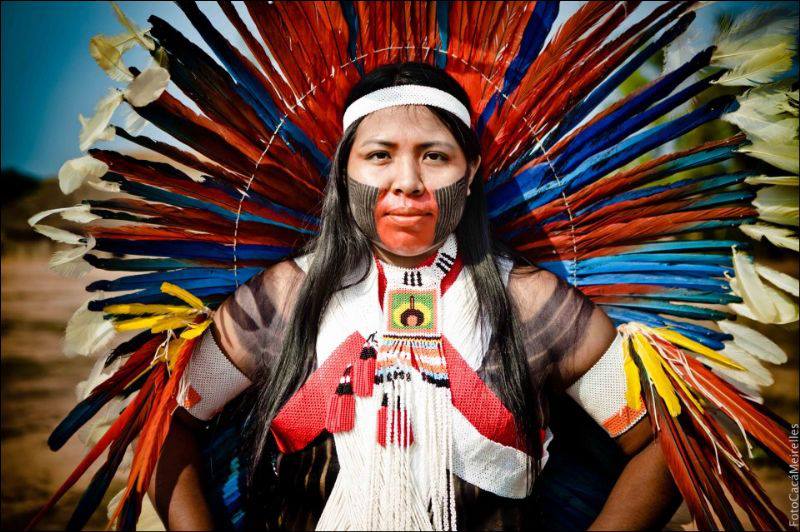
Tribal groups in Brazil are beginning to use mobile phones, the internet, and social media to reach out to a wider world – and to keep contact within their communities. Photo: No to Belo Monte Dam group
Earth Community’s Your Voice, Your Community would also aim to provide material for ongoing efforts around the world to preserve cultures, heritage and languages. While the information and stories will help the world improve its understanding of many cultures that are under threat, the project’s focus would be on the community strengthening its own knowledge and practices and keeping local languages alive.
Rather than reinventing the wheel, the program would seek to work with and leverage the myriad ongoing projects around the world that seek to preserve cultures and languages. Cultural knowledge and practices can be incorporated into the information options of a modern-day communications device, rather than being left out and swamped by modern media and pop culture.
This provides an opportunity to keep youth connected with their roots, rather than get set adrift, as so many are, in the modern world. Part of the program would seek to engage youth in the development of hip, fun material, yet with an appreciation of their often rich and empowering cultural roots.
CHALLENGES
Earth Community’s Your Voice, Your Community is in the planning stage. Challenges include funding and support for a small project team, the obtaining of free, donated or low-cost mobile phones for the initial Pilot Phase (see below), and the cost of reaching out to train local trainers to collect relevant information and to teach simple citizen journalism. Earth Community is in discussion and agreement in principle on the use of one citizen journalism mobile phone app company, and longer term hopes to negotiate agreements with local mobile phone and internet service providers, and possibly piggyback on efforts being made by Mark Zuckerberg’s Internet.org venture.
It should be stressed that the program will rely on an effective partnership with the communities and the keenness of members of the community to take part, and will work with the help of local NGOs as well as local and/or foreign experts on the communities. A key avenue for entry may prove to be through a local NGO that can identify possible trainees as well as any problems that might be faced.
The program will include a small staff, low infrastructure costs, and be pro-active and mobile.
PILOT PHASE
The pilot phase will be aimed at three diverse ethnic/tribal communities – e.g. in India, Brazil, and northern Canada – with the provision of a handful of mobile phones with the mobile news application, plus the training to go with it.
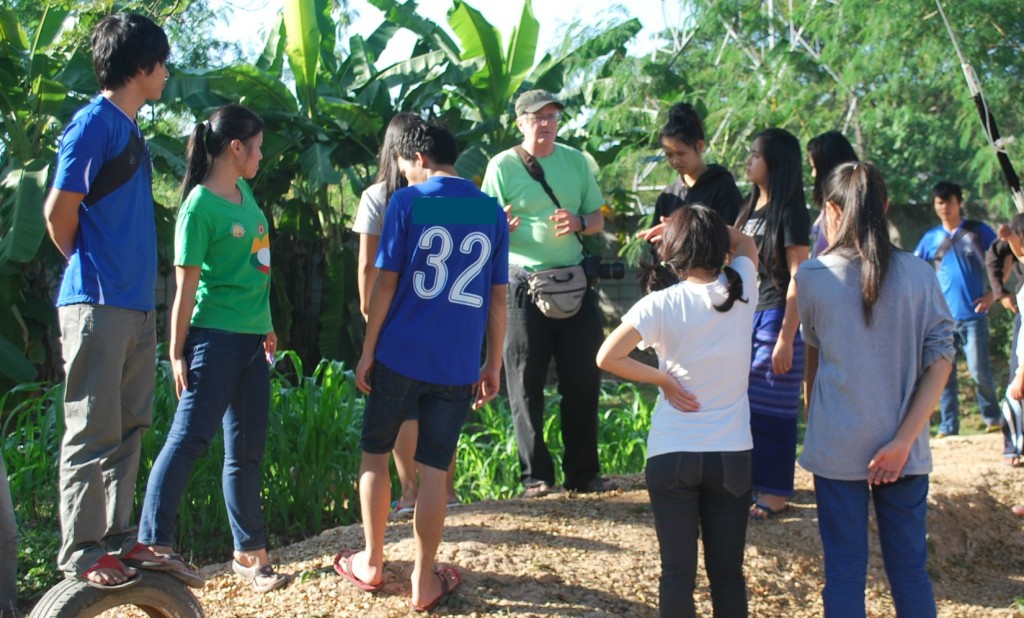
Earth Tribe Media’s Training Green workshop, offering citizen journalism training to young social justice campaigners from Burma/Myanmar.
As outlined above, there would be two modules:
(a) Your Wisdom or the Information Module – Earth Community generic information and customized information obtained from the community for use within the community
(b) Your Voice of the Storytelling and Communication Module – For the local community and the Earth Connect social network website.
The aim will be to tie in with other forms of communication outreach, such as a journalism foundation’s mobile tribal media training, and mobile applications providers. Plus it would look to link up with experts working in sustainable community programs as well as NGOs seeking to preserve language and culture.
Earth Tribe Media has a training arm called Training Green that will compile the training modules and provide training workshops and online material.
PROJECT LAUNCH
Once the program has been tested in the pilot stage, and any problems sorted out, Earth Community would look to train the trainers, identifying suitable individuals from different racial, ethnic and tribal groups to be trained up in (a) compiling the material for Local Empowerment and (b) be able to teach simple citizen journalism techniques using mobile phones to communicate.
Earth Community will pursue a low-cost, content rich, approach, tied in with a practical approach to what is feasible at any given time, given that it will take some time to roll out mobile phone and internet coverage to some of the more remote places in the world.
PROSPECTS
Earth Community seeks to work with local communities to encourage environmentally sustainable practices and to further expand efforts to improve social justice. It seeks to work in parallel with efforts to connect and empower the many who are currently missing out on the information revolution, but in a way that values and nurtures good local wisdom and practices.
Moves are afoot though the pioneering venture Internet.org, supported by Facebook’s Mark Zuckerberg, to connect the billions of people who are not currently online.
But will this just bring “online trash” to the masses?
Rather than introducing Justin Bieber and Youtube to the unconnected, Earth Community seeks to connect them to their own strengths, to their own communities, to their own cultures, and to develop their own societies in the face of a rash of growing challenges. Plus include the demands and interests of youth. And it offers them the opportunity to use their voice to reach out in a world where mainstream media and an overload of information tends to drown out the cries of the downtrodden and dispossessed.
Our target users have a wealth of knowledge, wisdom and practices to offer the world, and useful information and practices to share within their communities.
As Facebook’s Mark Zuckerberg told Wired Magazine –
“It’s pretty clear that anyone who has a phone should be able to access the Internet. People often talk about how big a change social media had been for our culture here in the U.S. But imagine how much bigger a change it will be when a developing country comes online for the first time ever. We use things like Facebook to share news and keep in touch with our friends, but in those countries, they’ll use this for deciding what kind of government they want to have. Getting access to health care information for the first time ever. Staying connected to someone a hundred miles away in a different village that they haven’t seen in a decade. This is one of the biggest challenges in our generation, and it’s wonderful to see companies come together to try to solve it.”
